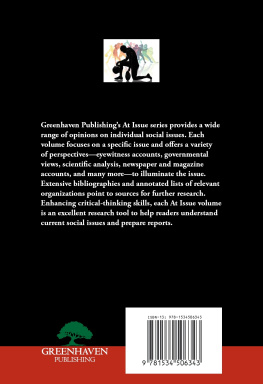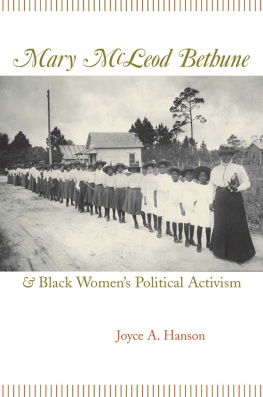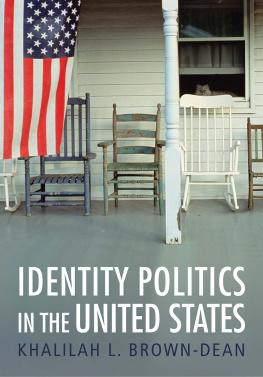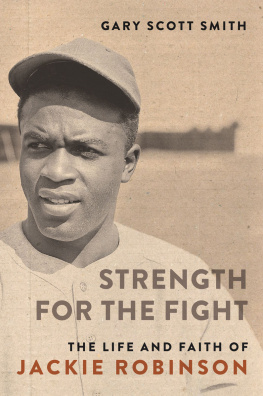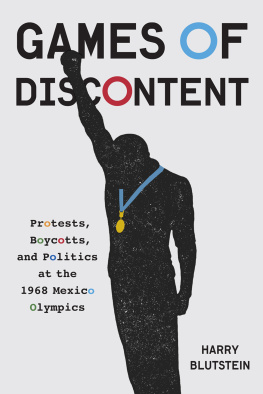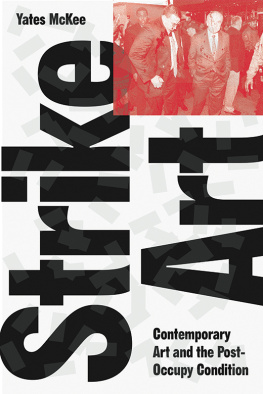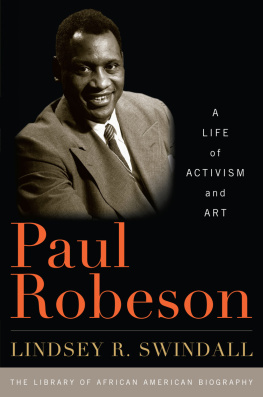

Athlete Activism
Other Books in the At Issue Series
Celebrities in Politics
Male Privilege
Mob Rule or the Wisdom of the Crowd?
The Opioid Crisis
Public Outrage and Protest
Sexual Consent
Student Debt
Universal Health Care
Vaccination
Vaping
Wrongful Conviction and Exoneration
Published in 2020 by Greenhaven Publishing, LLC
353 3rd Avenue, Suite 255, New York, NY 10010
Copyright 2020 by Greenhaven Publishing, LLC
First Edition
All rights reserved. No part of this book may be reproduced in any form without permission in writing from the publisher, except by a reviewer.
Articles in Greenhaven Publishing anthologies are often edited for length to meet page requirements. In addition, original titles of these works are changed to clearly present the main thesis and to explicitly indicate the authors opinion. Every effort is made to ensure that Greenhaven Publishing accurately reflects the original intent of the authors. Every effort has been made to trace the owners of the copyrighted material.
Cover image: OSTILL is Franck Camhi/Shutterstock.com (silhouetted football player), Lisa Kolbasa/Shutterstock.com (background figures)
Library of Congress Cataloging-in-Publication Data
Names: Wiener, Gary, editor.
Title: Athlete activism / Gary Wiener, book editor.
Description: First edition. | New York: Greenhaven Publishing, 2020. | Series: At issue | Includes bibliographical references and index. | Audience: Grades 912.
Identifiers: LCCN 2019022815 | ISBN 9781534506350 (library binding) | ISBN 9781534506343 (paperback)
Subjects: LCSH: SportsPolitical aspectsUnited StatesJuvenile literature. | Professional athletesUnited StatesPolitical activityJuvenile literature. | Racism in sportsUnited StatesJuvenile literature. | Discrimination in sportsUnited States Juvenile literature. | Social media in sportsUnited StatesJuvenile literature.
Classification: LCC GV706.35 .A84 2020 | DDC 306.4/83dc23 LC record available at https://lccn.loc.gov/2019022815
Manufactured in the United States of America
Website: http://greenhavenpublishing.com
Contents
Larry Platt
Brandon Tensley
Lawrence W. Reed
Jules Boykoff
David Rowe
Donald McRae
Michael Carlson
Matt Hawzen
Jo Ward
Larry Kummer
Ricardo Hazell
Keith Rathbone
Jon Holmes
Sam Riches
Elizabeth Broderick
Teresa Wippel
Shuaib Manjra
Introduction
T here are certain key moments in history when athletics and social issues coalesced in such a way that these events have become part of American popular culture. Track and field star Jesse Owens victory in the 1936 Olympics refuted Adolf Hitlers insistence on Aryan superiority; Tommie Smiths and John Carlos raised fists on the 1968 Olympic medalists podium protested the treatment of African-Americans in the United States; boxing champion Muhammad Alis refusal to fight in the Vietnam War was a similar protest that made him a polarizing figure in our country.
More recently there was the arresting sight of Colin Kaepernick kneeling during the national anthem before a 2016 NFL pre-season game. No athletic gesture in recent memory has kicked off such an avalanche of conflicting opinions. In the wake of a number of police shootings of unarmed African American men and boys, Kaepernick decided to make a stand: I am not looking for approval, he said. I have to stand up for people that are oppressed.
Kaepernicks actions divided the nation. Many have argued that Kaepernicks gesture is offensive to the United States in general and the military in particular. Others would suggest that such ideas are a misinterpretation of Kaepernicks gesture. Ironically, Kaepernick had no intention of offending those who protect the United States. After his original gesture of sitting during the anthem as a protest, Kaepernick was contacted by former Seattle Seahawks player and US Army Green Beret Nate Boyer. The two spoke, and it was Boyer who suggested that Kaepernick kneel during the anthem. We sorta came to a middle ground where he would take a knee alongside his teammates, Boyer said. Soldiers take a knee in front of a fallen brothers grave, you know, to show respect. And so, Kaepenick did. Still, the criticism ramped up.
Even the president of the United States weighed in. At a political rally in Alabama, Donald Trump made these profane,
Political protest, especially by athletes, and even more so by minority athletes, has always met with resistance, and it is undeniable that athletes who take a stand, whether one approves of their methods and causes or not, display a certain amount of bravery.
After all, Jesse Owens thumbed his nose at Hitler in Nazi Germany. Tommie Smith and John Carlos were ostracized for their protest and they and their families received death threats; Muhammad Ali was banned from boxing for refusing to fight in Vietnam; and Colin Kaepernick has been seemingly blacklisted by NFL owners. Despite having starred in Super Bowl XLVII, Kaepernick can find no takers among the NFLs thirty-two teams.
Nevertheless, Kaepernicks protest has had a profound effect on American society and politics. Love him or hate him, he has not only opened up, or re-opened, the American conversation on race, but he has also inspired a new generation of young athletes who are not afraid to speak up when necessary. Prominent sports website The Athletic went so far as to label 2017 The Year of Athletes and Activism, noting that even while Kaepernick sat out of football and remained relatively quiet, he had been turned into something of a martyr; that LeBron James had worn basketball shoes that spelled out equality; that Steph Curry and the NBA champion Golden State Warriors had declined an invitation to appear at the White House; that members of the WNBAs Los Angeles Sparks stayed in the locker room when the National Anthem was played during the league finals; and that J. T. Brown of the NHLs The Tampa Bay Lightning became the first NHL player to raise his fist during the anthem before a game against the Florida Panthers on Oct. 7.
None of these gestures was, according to these athletes, designed to be disrespectful to the flag or the military. They were meant to protest unjust conditions and racial profiling in the United States, where unarmed black men were often being shot by police. As Los Angeles Sparks star player Candace Parker explained:
This is not a protest against America or against the flag. I feel I cant kneel before the flag; I have too much respect and pride to do that. There are some people who can. There are some people on our team we dont want to have to make that choice. We didnt want to put anyone in an awkward position. In this, were united. Were still respecting the United States and the flag, but still taking a stand.
Even so, such protests have sparked controversy and elicited hatred from those who deliberately choose to ignore the message and focus on the method. This sort of activism will inevitably face pushback of the kind seen in Minneapolis. When Cleveland Browns wide receiver Andrew Hawkins wore a shirt that said, Justice for Tamir Rice And John Crawford III before a game in December 2014 to protest the deaths of two unarmed African Americans, Jeff Follmer, president of the Cleveland Police Patrolmans Association, said:
Next page
